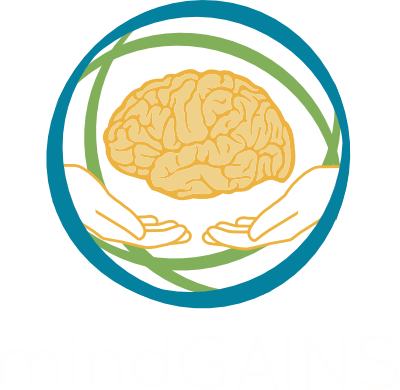About Interpersonal Neurobiology – IPNB
IPNB is a groundbreaking perspective that was proposed and named by Dr. Daniel J. Siegel and was co-developed with fellow pioneers such as Drs. Allan Schore and Louis Cozolino. An interdisciplinary field that provides a “whole elephant” framework of human functioning and flourishing. * IPNB is applied by therapists, educators, leaders, coaches, change agents, artists, parents, partners…anyone interested in a state-of-the-art-and-science approach to human development and potential. IPNB offers a comprehensive and scientifically grounded theory of mental health and of healthy relating, illuminating the ongoing interactions of the mind, the brain, and relationships. With more than 40 books in the Norton Series on Interpersonal Neurobiology and the Norton Series on the Social Neuroscience of Education, the field is rapidly expanding its knowledge base and influence.
* The “whole elephant” view refers to the classic tale of the blind men and the elephant. Each of these men felt and described a different part of the elephant. As they described their perceptions, they argued about what was in front of them—a fan (ear), a rope (tail), and so on. They were unable to fully conceptualize and describe the “whole elephant,” because such a description required linking their distinct perspectives together, into an integrated form. Interpersonal neurobiology is based on this principle of consilience—the belief that the key to the advancement of knowledge lies in our ability to identify common patterns that are emerging from different disciplines (E. O. Wilson, 1998). As such, IPNB incorporates scientific findings from over a dozen fields, including neuroscience psychology, and systems theory, to create an integrated framework for viewing the interactions of brain, mind, and relationship.

